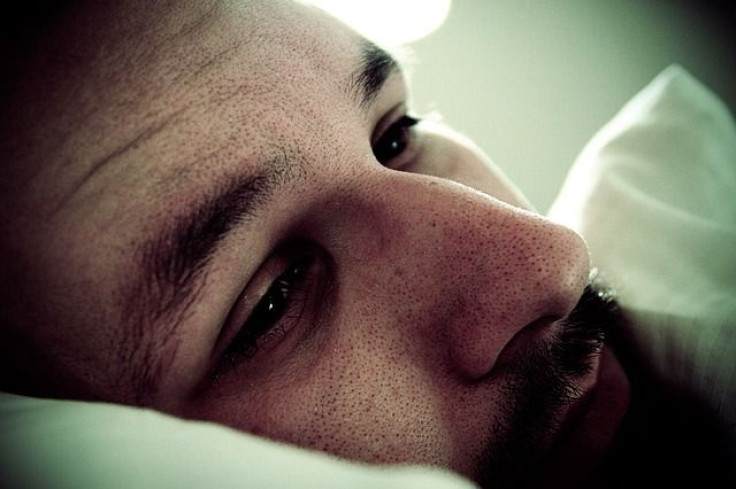Depression Over-Diagnosed And Over-Treated In United States

Being diagnosed with depression is more common than you think. Johns Hopkins researchers have found that Americans are being over-diagnosed and over-treated for depression.
Researchers delved into the lives of adults clinically diagnosed with depression and those who experienced major depressive episodes within a 12-month timeframe.
They found that only 38.4 percent of adults with clinician-identified depression actually met the 12-month criteria for depression.
"Depression over-diagnosis and over-treatment is common in the U.S. and frankly the numbers are staggering," said Ramin Mojtabai, author of the study and an associate professor for the Bloomberg School's Department of Mental Health at Johns Hopkins. "Among study participants who were 65 years old or older with clinician-identified depression, six out of every seven did not meet the 12-month major-depressive-episodes criteria. While participants who did not meet the criteria used significantly fewer services and treatment contacts, the majority of both groups used prescription psychiatric medication."
Researchers looked at 5,639 people who participated in The National Survey of Drug Use and Health (NSDUH) from 2009 to 2010 to identify which patients had depression based on the answers they provided about their medical conditions in the past year.
Mojtabai found that a majority of the patients, with no prior history of depression, were being prescribed psychiatric medications.
"A number of factors likely contribute to the high false-positive rate of depression diagnosis in community settings, including the relatively low prevalence of depression in these settings, clinicians' uncertainty about the diagnostic criteria and the ambiguity regarding sub-threshold syndromes," Mojtabai said.
"Previous evidence has highlighted the under-diagnosis and under-treatment of major depression in community settings. The new data suggest that the under-diagnosis and under-treatment of many who are in need of treatment occurs in conjunction with the over-diagnosis and over-treatment of others who do not need such treatment. There is a need for improved targeting of diagnosis and treatment of depression and other mental disorders in these settings."
The NSDUH is a yearly survey conducted across the country and funded by the U.S. Department of Health and Human Services that extensively interviews 70,000 random participants aged 12 and older.
Currently, one in 10 adults reportedly have depression, according to the Centers for Disease Control and Prevention. But out of the 235,067 adults in 45 states, the District of Columbia, Puerto Rico, and U.S. Virgin Islands diagnosed, only 9.1 percent meet the criteria of depression.
The study appears in the April 2013 edition of Pyschotherapy and Psychosomatics.



























